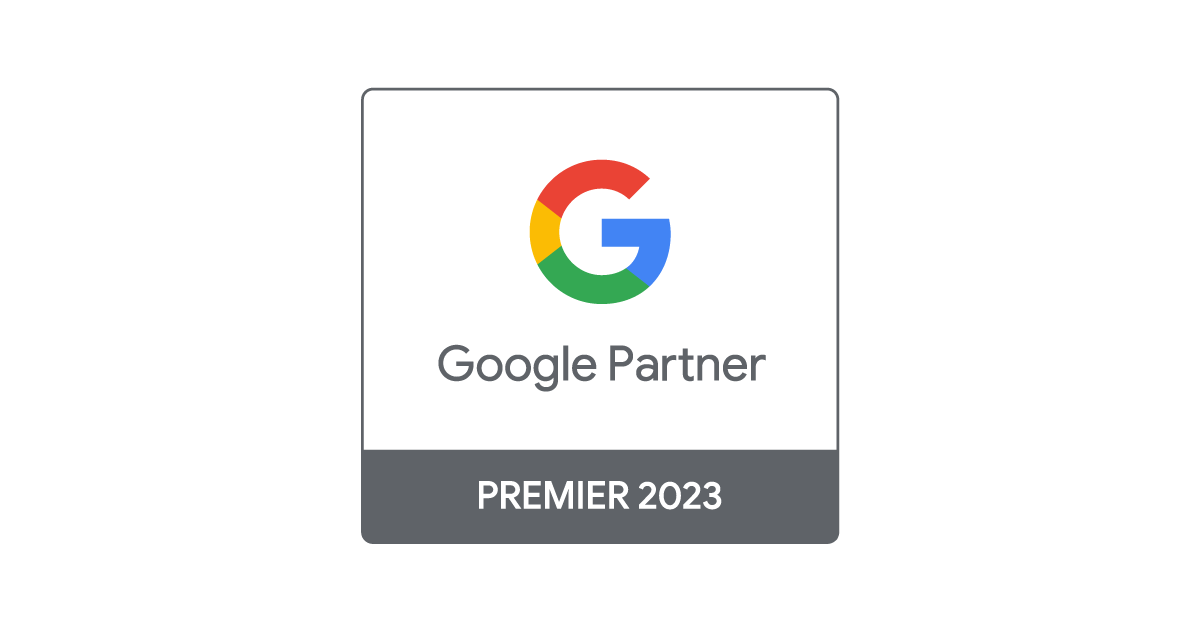Artificial intelligence is revolutionizing how users search for information online. In 2023, approximately 13 million adults in the United States used generative AI as their primary tool for online search. This number is projected to reach over 90 million by 2027, indicating a significant shift in user behavior. As AI-driven search tools become more prevalent, businesses must adapt their digital marketing strategies to maintain and improve their visibility in AI-generated search results.
In this context, traditional SEO alone is no longer enough. Websites now need to optimize for AI-generated answers and summaries, ensuring their content is picked up by AI-driven search engines and tools. This approach is known as Generative Engine Optimization (GEO), and it’s becoming a crucial part of any digital marketing strategy.
How to optimize your site for AI search results
AI-driven search engines analyze, synthesize, and generate responses based on vast amounts of online data. To increase the likelihood of your content being featured in AI-generated answers, consider the following strategies:
1. Create content designed for AI comprehension
- Direct, structured responses – AI prefers clear, well-structured content that directly answers user queries. Use concise paragraphs, bullet points, and subheadings to make information easier to parse.
- Long-form, in-depth content – AI models favor authoritative, comprehensive content that covers a topic extensively. Detailed guides, FAQs, and research-based articles are more likely to be cited by AI.
- Natural language and conversational tone – Since AI tools mimic human conversation, content that aligns with natural language patterns tends to perform better in AI-generated results.
2. Implement structured data and metadata
- Use schema markup – Adding structured data (like FAQ, HowTo, and Article schema) helps AI models understand your content’s context and improves visibility in AI-generated responses.
- Optimize metadata – Well-crafted meta descriptions and alt text improve AI’s ability to summarize your content accurately.
3. Focus on topical authority and expertise
- Build credibility – AI models prefer sources with high credibility. Establishing authority through expert-driven content, citations, and original research increases the likelihood of being referenced.
- Cluster content around key topics – Instead of isolated articles, create content hubs that interlink related articles around a central topic. This improves your chances of being featured in AI-generated answers.
4. Leverage multimodal content (text, images, and video)
- Optimize for different formats – AI-driven search engines integrate multiple content types, including videos, infographics, and images. Creating diverse content formats increases your discoverability.
- Transcribe video and audio content – AI models scan transcripts to generate summaries. Adding transcripts to your video and podcast content can improve visibility.
5. Monitor and adapt based on AI search performance
- Track AI-generated search mentions – Use AI search tracking tools to see if your content is being referenced in AI-generated search results.
- Adjust content based on AI trends – Monitor AI-generated queries and tweak your content strategy based on what AI systems prioritize in their responses.
If you want to learn more about how to measure AI traffic in Google Analytics 4, don’t miss our blog post from the link.
Why AI optimization matters for organic search
As AI-driven search becomes more dominant, fewer users may click through to websites if they get direct answers from AI-generated summaries. This shift could impact organic traffic, making it crucial for brands to ensure their content remains highly visible within AI-generated search results.
Optimizing for AI search helps:
- Increase brand visibility in AI-generated results
- Improve click-through rates from AI-driven summaries
- Enhance credibility by becoming a trusted AI-cited source
- Future-proof digital marketing strategies as search evolves
Preparing for the future of AI search
AI-driven search is here to stay, and early adopters of AI optimization will have a competitive advantage. Businesses that adapt now—by refining their content, implementing structured data, and focusing on AI-driven user intent—will be better positioned to thrive in the evolving digital landscape.
By integrating Generative Engine Optimization (GEO) with traditional SEO practices, your site can remain relevant and visible across both AI-driven and conventional search engines. The future of search is changing—make sure your brand is part of it.
If you want to stay ahead in the evolving search landscape and ensure your website is optimized for AI-driven search, our team of experts can help you adapt your digital marketing strategy, enhance visibility in AI-generated results, and future-proof your online presence. Get in touch today!
More posts about: Transform your business







